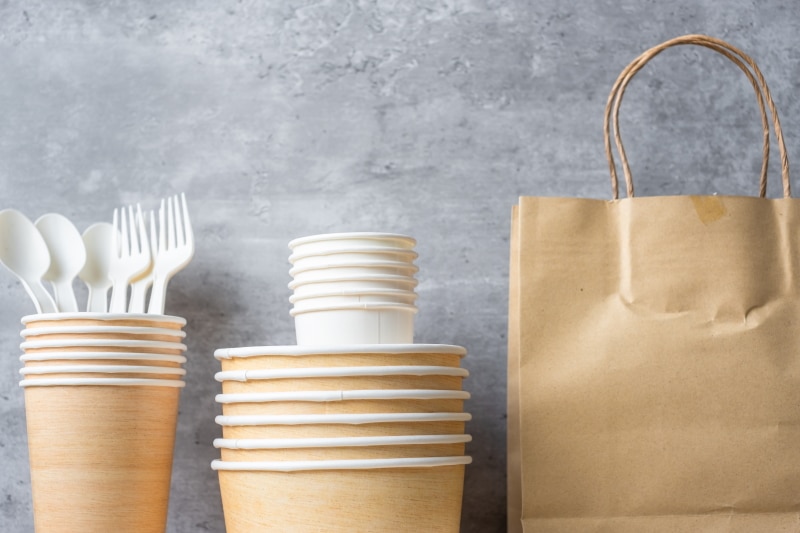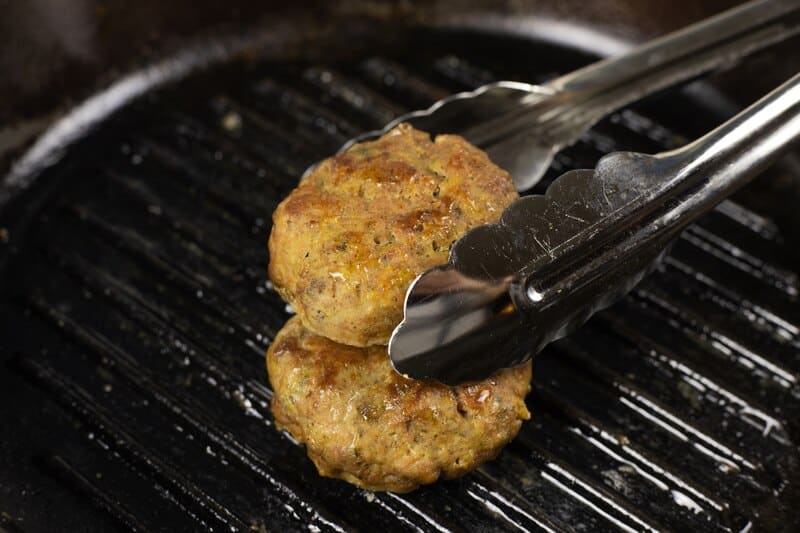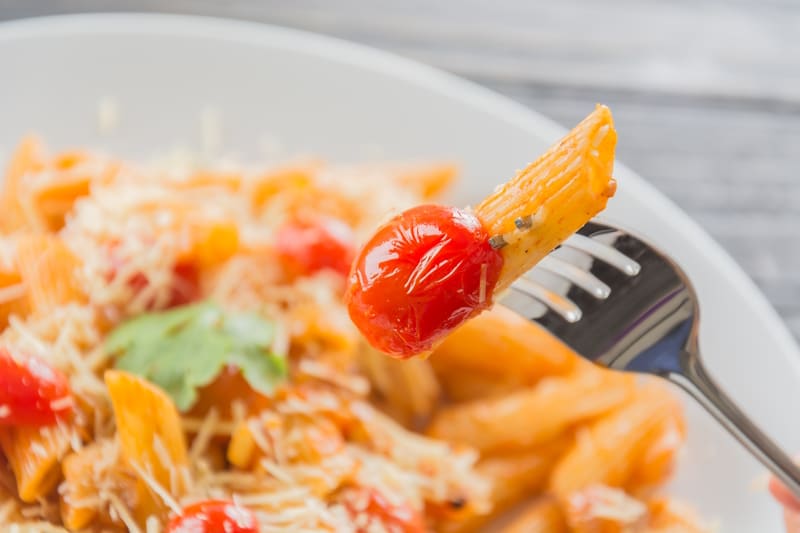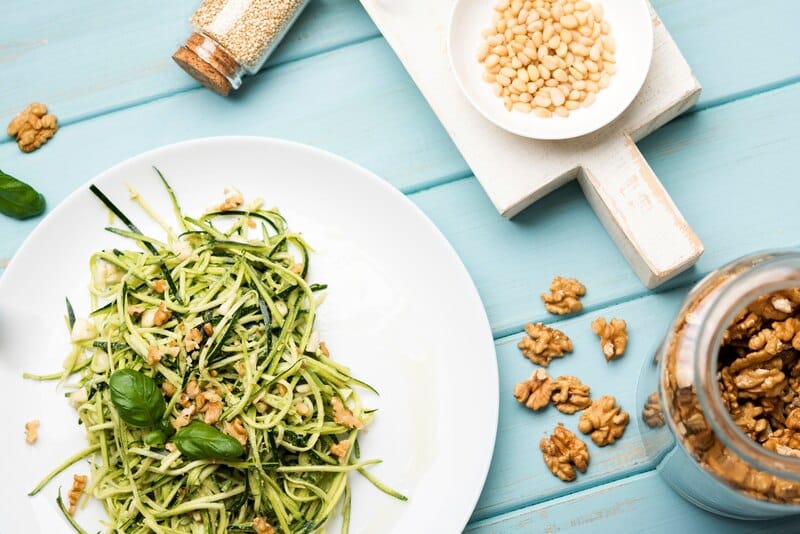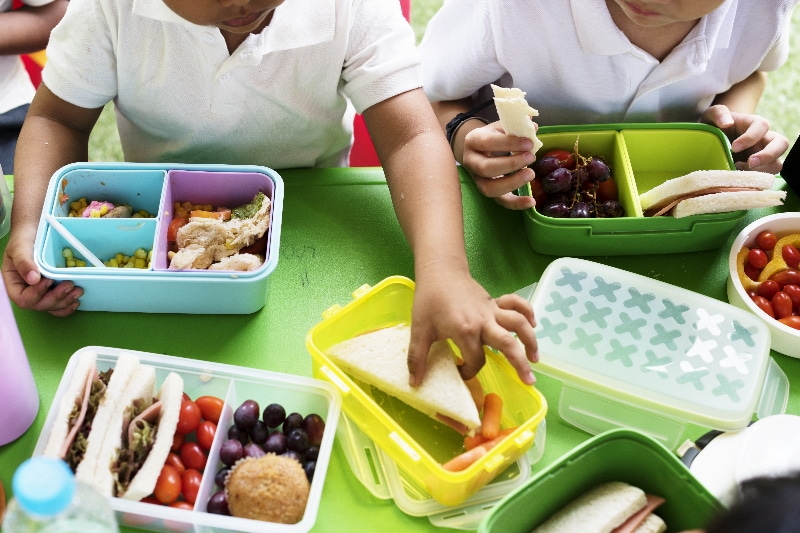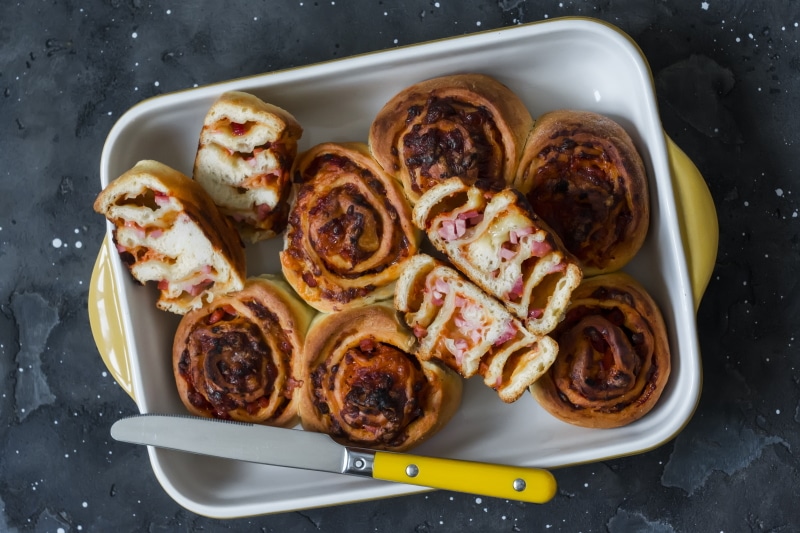Tips & strategies for going an entire month without using plastic
We are all aware that the usage of plastic is detrimental to the environment, wildlife, and our health. Nonetheless, with so many things created from or packaged in plastic (and so much of it being single-use), it appears virtually inevitable. However, it is possible to avoid plastic in the majority of aspects of our lives, if not in all.
We can limit or remove plastic from significant aspects of our daily lives, such as the food and drink we consume, the bags we use, where we buy, and how we amuse ourselves, by making a few conscious decisions, substitutions, and evasions. Why not participate in Plastic Free July if you are interested in reducing your plastic consumption?
What is Plastic-Free July?
Plastic Free July (plasticfreejuly.org) was launched in 2011 by the Plastic Free Foundation, an Australian non-profit organization with a mission to rid the world of plastic with the idea that tiny actions build-up to make a significant effect.
Plastic Free July has grown from its humble beginnings to become one of the most impactful movements in the world. Each year, millions of individuals from more than 190 countries participate, with many participants pledging to reduce their plastic usage even beyond July.
According to the organization:
• Participants in Plastic Free July lower their annual household waste and recycling by 15 kg per person (3.5 percent less waste).
• In 2021, participants reduced 2,1 billion tonnes of garbage and recycling, including the consumption of 300 million kilograms of plastic.
• By 2021, 86% of individuals will have adopted new habits or a new way of life.
• After eleven years, Plastic Free July has lowered the global demand for bottled water by 2.3%, fruit and vegetable packaging by 3.1%, and plastic straws by 4%.
How can we participate?
The good news is that everyone can participate in Plastic Free July; all it takes is a bit of planning, motivation, and a lot of plastic refusals! Depending on your lifestyle and schedule, you can begin slowly or push yourself to your limits. Here are some suggestions for eliminating plastic from your life.
Eating and drinking
It can be quite difficult to avoid plastic when purchasing or enjoying food and drink, as so much is packaged in annoying plastic.
Try these helpful hints:
• Always carry a refillable water bottle to avoid purchasing water in plastic bottles.
• If you are likely to purchase a hot beverage while out, pack a reusable coffee mug.
• Carry a reusable food storage container, preferably one made of a material other than plastic, such as those sold by Elephant Box (elephantbox.co.uk) or A Slice of Green (asliceofgreen.com). When purchasing food on the move, request that your meal be prepared in your box rather than in a disposable container.
• Pack reusable cutlery in your bag so you may decline disposable knife and fork sets if you ever order takeout. Bamboo and stainless steel kits are both excellent, but bamboo is easier to transport. Also, remember to pack a reusable straw.
Shopping
Just as purchasing food and beverages for on-the-go consumption can generate plastic waste, so too can purchasing food from a store. In many situations, plastic packaging is unavoidable because it is used to pack so many items. Fortunately, there are a few straightforward things you can do to reduce or eliminate plastic use when shopping:
• Bring your own reusable canvas shopping bags with you when you go shopping.
• If you shop at a supermarket, weigh out and purchase fruit and vegetable loss – the majority of retailers offer this option, including Tesco, Sainsbury’s, and Morrisons (which in 2018 began offering an astounding 127 varieties of fruit and vegetable loss!).
• Shop at zero-waste stores, which require you to bring your own containers to weigh out your goods. Likewise, bulk food stores are fantastic.
• Prepare more of your meals and beverages from scratch. Many of the foods we purchase are packaged in plastic; however, if you make everything yourself, you eliminate the plastic intermediary! If you follow a whole-food plant-based diet, you likely already prepare the majority of your own burgers, “sausages,” and desserts, eliminating your need for packaging if you purchase ingredients from zero-waste businesses.
Celebrating
Balloons, streamers, confetti, and banners are all easily replaceable with reusable or plastic-free alternatives. With a little ingenuity and forethought, it is possible to organize a party without any plastic decorations. Popular DIY and/or repurposed decorations include:
• Bunting constructed from discarded magazines, trousers, T-shirts, and scraps of cloth.
• Tissue paper pom poms.
• Banners made out of discarded T-shirts or tablecloths.
• Flower bouquets from your (or a friend’s) garden.
• Confetti composed of petals, dried leaves, or discarded newspapers.
• Salt dough ornaments and dangling forms.
Similarly, friends and neighbors can be excellent sources of reusable decorations and handicraft materials. Before making a purchase, you should inquire with individuals nearby to see what you can borrow or obtain. Additionally, avoid throwaway plastic cups and plates and instead borrow crockery and cutlery from friends and family or, if necessary, choose eco-friendly paper cups and plates.
Dental care
How many toothbrushes and tubes of toothpaste do you use annually? If everyone in America followed the American Dental Association’s recommendation to replace their toothbrushes every three to four months, almost one billion toothbrushes would be discarded annually (nationalgeographic.com).
The same holds true for toothpaste, with the average person going through seven tubes per year. Plastic toothbrushes are a relatively recent development, as natural-fiber brushes were used until the 1930s when the first plastic brush was created.
However, toothbrushes and toothpaste aren’t the only plastic dental products; you should also check what your dental floss is made of and packaged in, as the majority of dental floss is composed of nylon, polyester, PFAS (Per- and Polyfluoroalkyl Substances) Teflon or GoreTex, and nearly all are packaged in plastic. However, it is simple to avoid using plastic in your dental care routine; you may need to make a few substitutions. Here are some suggestions to get you started:
• Replace your plastic toothbrush with one made of bamboo.
• Choose plastic-free dental floss, but keep in mind that many “eco-friendly” flosses are coated in beeswax and are therefore not vegan-friendly. Bambaw (bambaw.com), Tio (tio.care), and &Keep (andkeep.com) are three online retailers that provide refillable, vegan dental floss.
• Utilize toothpaste pills, such as those manufactured by Eco Living (ecoliving.co.uk), &Keep (andkeep.com), and PRLA (parlatoothpastetabs.com).
Sanitary products
Period products are a monthly necessity for persons who menstruate. Unfortunately, the majority of popular brands of sanitary products produce plastic-packaged, single-use pads and pantyliners, as well as tampons with plastic applicators. However, this issue can be resolved in a variety of ways by making a few sustainable substitutions in menstrual products. You are challenged to complete one of the following:
- Purchase sanitary products that do not contain plastic. Among the best brands are Organyc (organyc.co.uk) and Flo (hereweflo.co).
• Use reusable pads, such as those from Lady Days (ladydaysclothpads.co.uk), Moontimes (moontimes.co.uk), and Earthwise Girls (earthwisegirlsclothpads.com) (earthwisegirls.co.uk).
• Choose reusable period pants from Dame (wearedame.co) or Cheeky Wipes (cheekywipes.com).
• Switch to tampons made without plastic, such as those sold by Organic Mondays (organicmondays.co.uk), Naracare (natracare.com), and Hey Girls (heygirls.com) (heygirls.co.uk).

